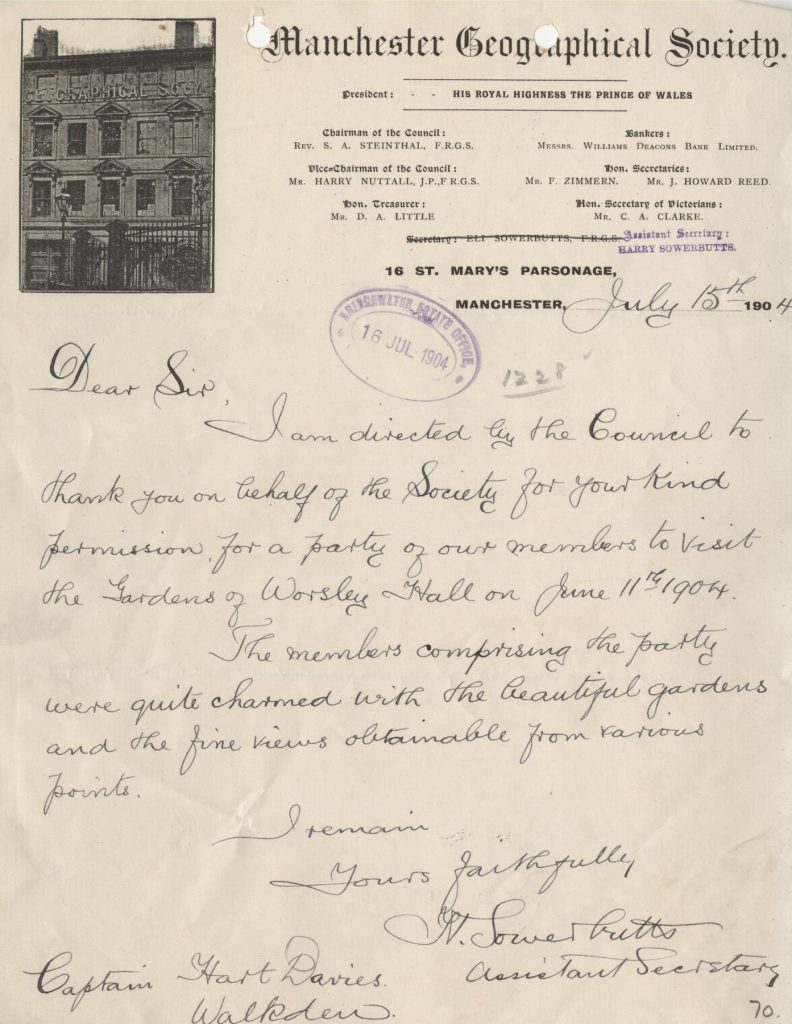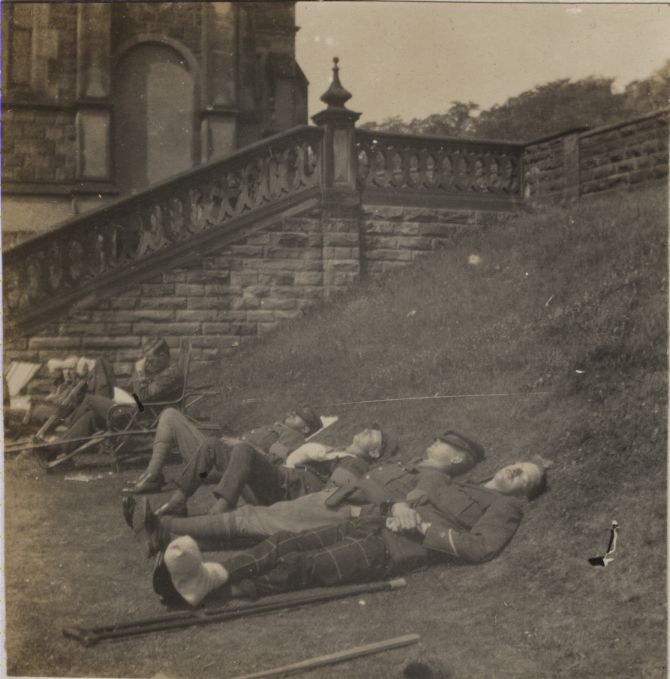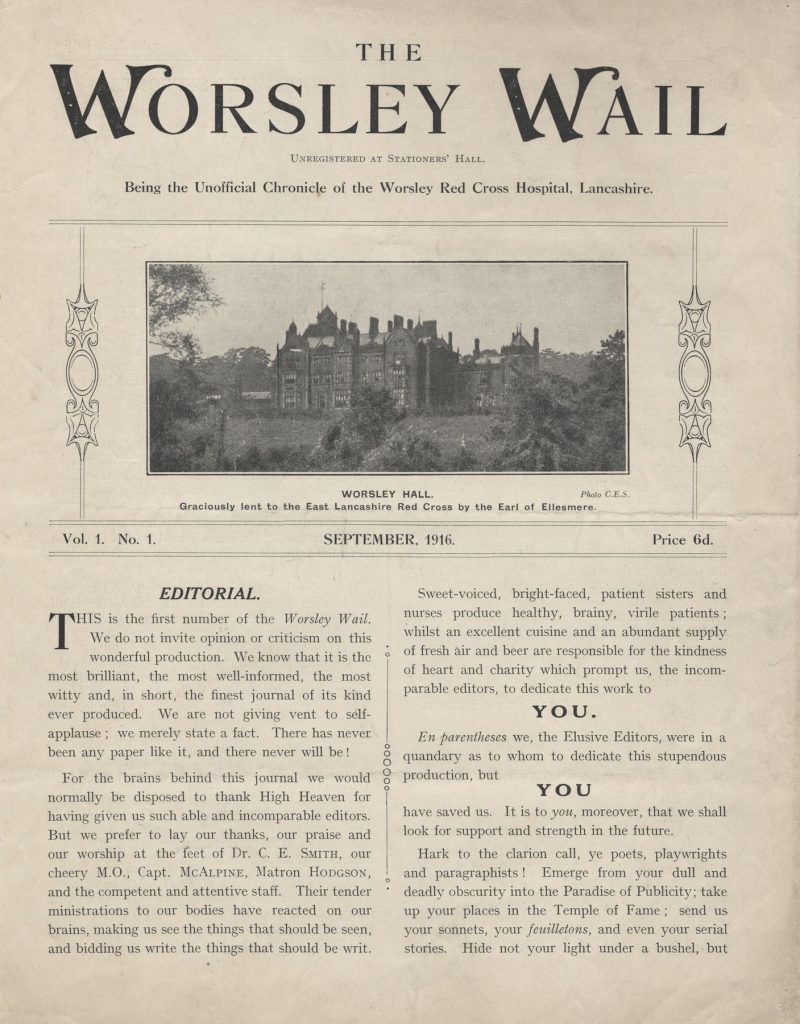For 2021’s Nature-themed Mental Health Awareness Week, let one of The Library’s Equality, Diversity and Inclusion Champions, Charlotte Howell, take you on a tour of our main collection:
From the importance of self-care to the personal accounts of those facing prejudice, The Library holds a range of resources for you to explore and improve your awareness of these important issues. Hopefully, you’ll also find things that will help make your own daily life just a little better. The importance of self-care and personal well-being cannot be understated. And it’s something many societies are only just beginning to understand and embrace.
Boosting mental health
Take a look at The Self-Care Project for a great read on how we can all implement better self-care as a practical part of our daily lives. You’ll also learn about why it is important in the first place. Resilient is another worthwhile read if you’re looking for ways of combatting the knocks of daily life.
Throughout human history, mental health has been a taboo topic laden with stigma and the dehumanisation of those afflicted by its many facets. In recent years, our society has come forward in leaps and bounds. But there is still a long way to go to undo generations of ignorance. The best way to counter ignorance is through education, so check out and explore our illuminating ebook collection, Cambridge University Press Hot Topics: Mental Health.
Mental health testimonies
We also have many wonderful personal, often poignant, accounts from those who have experienced mental illness. The insightful programme, Head Case: Treat Yourself to Better Mental Health, was produced by BBC Scotland and interviews a number of young people about their experiences. For a deeply personal account of how mental illness can affect anyone at any age, we recommend, Underneath the lemon tree : a memoir of depression and recovery.
Stay natural
Finally, running with this year’s nature theme, check out Stay home, stay safe, stay green. Gardening is a great way to engage with nature, and nature is great for our health. Even stuck in student halls, you can still give gardening a go with help from Gardening Know How.
Conveniently, all of these resources have been collected in our Mental Health Awareness Week 2021 reading list. If you can, why not enjoy them in the wild?
Spaces of calm in our archives
Exploring our archives, you’ll find out the natural cure is no recent trend. The Library’s archivist, Alexandra Mitchell, delves deeper:
With the theme of nature in mind, I thought I’d look at how the outdoors feature in our Archives and Special Collections. And how people might have experienced and responded to nature in the past.
Some of you will be aware of the new RHS Bridgewater garden which is opening soon in Salford. It occupies the site of the former Worsley New Hall, a Victorian stately home now long demolished, which was known to have amazing gardens. In our Archives we hold a large collection of correspondence about the Hall and wider estate. These include lots of letters from individuals and organisations about the pleasure they got from visiting the gardens.
The cure of the wild
This thank you letter, dated 1904, from the Manchester Geographical Society talks about being ‘charmed’ by the ‘beautiful gardens…and fine views’. Although the writers don’t explicitly say that it had a positive impact on their mental health and wellbeing, I think we assume that this was the case.

And it’s probably not a surprise that the Hall and its gardens were used as a Red Cross Hospital for injured soldiers during the First World War. I love this photo from 1917 showing some of the soldiers relaxing on the terrace with various physical injuries.

Of course, the photos don’t tell us much about the soldier’s mental well-being and the effects the war had on this. But we do know that with encouragement from the nurses the soldiers published their own magazine- like an early zine!- the curiously titled Worsley Wail. Could this be a form of therapeutic treatment perhaps?

The letters are from the Bridgewater Estate Archive (Ref: BEA) and the photograph and magazine cover from the Worsley New Hall collection which you can view on USIR. Want to find out more about our archives? There’s further information here.
Try DIY
Lastly, get a sneak peek at our soon to be unveiled zine collection. We can’t wait to share these with you once restrictions allow.
As self-published material, zines can offer unique insight into the lived experience of mental illness. Often frank, personal accounts, they can help break stigma, aid understanding, and create supportive networks. From our collection of zines, Steven Fraser’s Addicted to Loneliness is a superb example of this. Using short stories, polaroid photos, and diary entries, he offers a powerful queer perspective on loneliness and autism.
Not only that, but zines are used to highlight resources for issues spanning suicide prevention, self-care, and finding a good therapist. We’d recommend you check out our copy of Jenn Autry’s fantastic zine, Out of the Fog. Through straight-talking comic strips, Autry helps readers recognise trauma and suggests resources for managing symptoms.
Finally, the very act of creating a zine can be cathartic. Have you got a story you’d like to share? If so, why not give zine-making a go for Mental Health Awareness Week? Handily, all you’ll need is a sheet of A4 paper and Experiment with Nature’s extremely simple zine-making instructions.
Is there a resource you’d like to highlight for Mental Health Awareness Week? Please comment below! If it isn’t already held in Library stock, remember you can request it through our Ask for a new library item service or your Library Champion.
Want to learn more about our plans for a Zine Zone in the Clifford Whitworth Library? Get in touch with Abby Kearney (a.kearney@salford.ac.uk). And if you’re intrigued by our archives, check out the Library website or contact Alex at A.Z.Mitchell@salford.ac.uk
Remember, if you, or someone you know, is struggling, crisis support information can be found through Ask Us.

